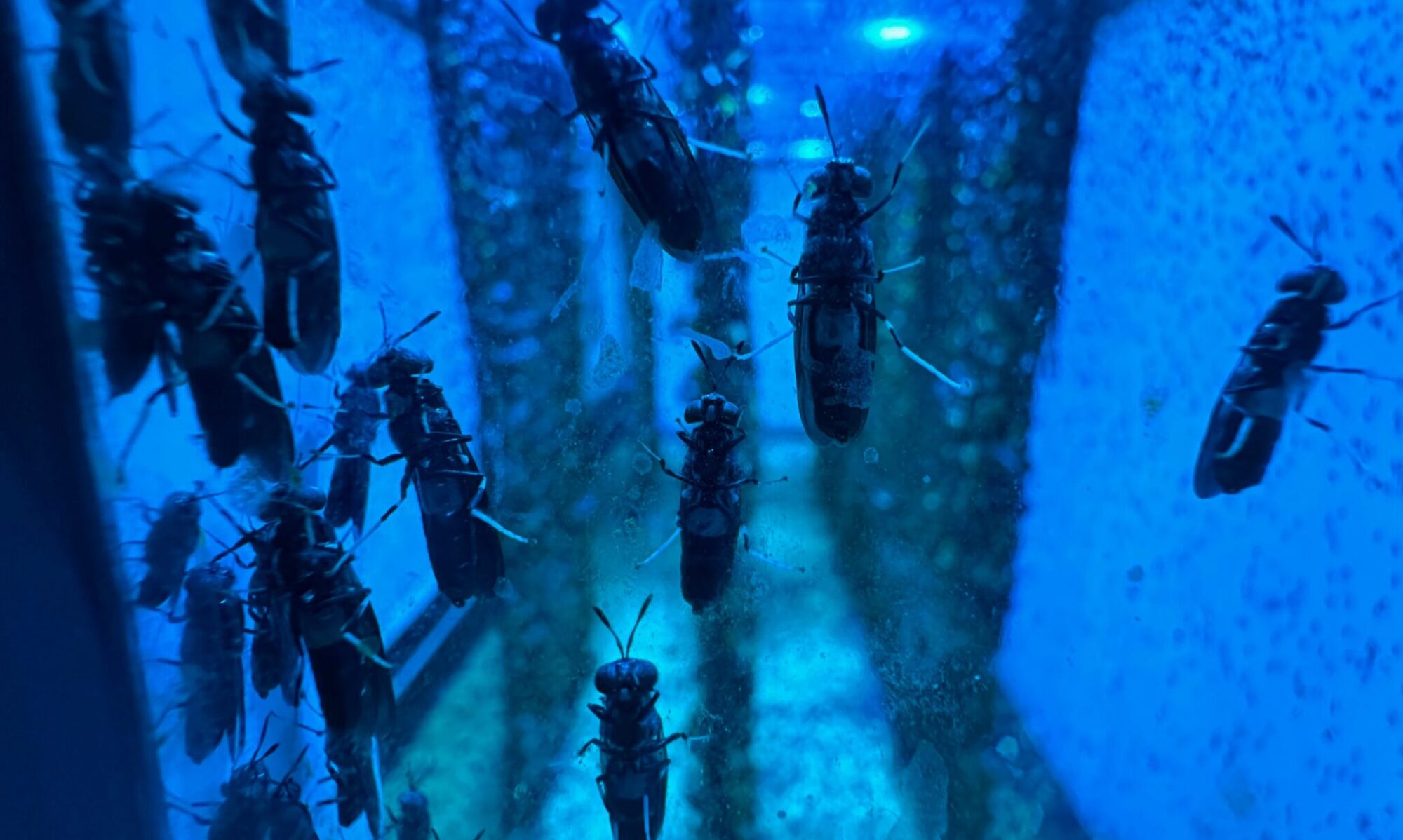
Department of Agricultural Sciences, Forestry and Agri-food, University of Turin
EFFECT OF THE CONFIGURATION OF THE FIELD AND OF THE DENSITY OF “POLLINIZER” ABOUT THE POLLINATION SERVICE IN APPLE TREE
Pollination has a fundamental function because many plants depend on it to obtain satisfactory yields both in terms of quantity what quantities. Among the plants that depend on pollination, the apple tree requires a pollinator to collect and transport compatible pollen coming from a different apple cultivar, this “pollinizer”. This to because of the self-incompatibility mechanism that makes the fertilization between the same cultivars. To have a pollination service efficient, some apple growers have honey bee colonies in proximity of the fields. Moreover, always with the same goal, adopt for i new plants a configuration that distributes the "pollinizer" cultivars uniformly within the field.
Considering the context of the new forms of implantation
this study has two objectives. The first goal is to check if the
strategies adopted by apple growers provide a pollination service
enough to get quality fruit. The second goal is to
understand how the efficiency of the pollination service changes within the
field as a function of two scales of analysis. With the first scale we analyze
the effect of the position of the plants given by the configuration of the field; there
second scale takes into account the effect of plant density
"Pollinizer" in the field and in the surrounding area. The results of the study,
carried out in 3 apple orchards of Saluzzo, suggest that there is a service present
insufficient pollination. The efficiency of the pollination service
changes within the field for both scales considered. The technique of
pollination service assessment of this study can be a
innovative tool useful for improving the management of this service.

